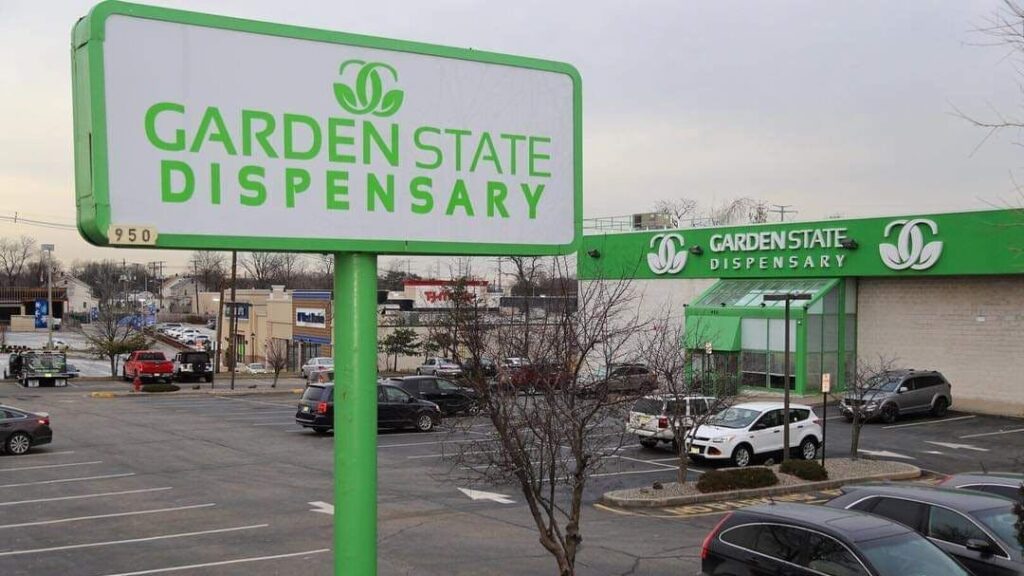Marijuana Legalization Inches Closer to Reality in New Jersey

New Jersey has legalized recreational marijuana after state residents voted nearly 3:1 in favor of a constitutional amendment presented in November 2020. While medical cannabis has been legal in the Garden State for the better part of a decade, the state has been flagged by advocacy groups for a massive racial disparity in marijuana-related arrests. The legalization effort was pushed by governor Phil Murphy and his legislative allies as an effort of reparative justice, which has now been reaffirmed by the votes of around 75% of state residents.
New Jersey residents, however, are being urged to use caution and continue to treat cannabis as legal only with a valid medical prescription. Legislation to regulate a legal marijuana market in New Jersey has been bogged down by last-minute disagreements over taxes, deterring use by minors, expungement, and a provision that would have decriminalized the possession of psilocybin mushrooms. Industry insiders have told local media outlets that they expect recreational sales to begin in early 2022.
Cannabis use remains in a legal gray zone for the moment. While the amendment took effect on January 1st, 2021, police and prosecutors have the discretion to abide by the old prohibition laws until a new legal framework is in place. Prosecution of minor marijuana-related offenses in the state courts has been largely stalled, but police continue to arrest New Jersey residents for possession every day.
The legalization of marijuana in New Jersey presents both opportunities and obstacles for those in recovery. On one hand, the state has already approved medicinal cannabis to treat opioid addiction, as well as many of the chronic pain conditions that can lead to the abuse of pain medication. Cannabis is exponentially less lethal then opioid pain medications, though many in the medical field have also urged caution and restraint as the laws are changed. Scientists, doctors, and treatment experts have continued to find that cannabis may not be suitable for all those in recovery. While not lethal itself, THC, the psychoactive component in cannabis, has been shown to have addictive qualities, impair judgement, and trigger pre-existing psychiatric conditions in some individuals.
Now that the marijuana industry has been brought out of the shadows, those who are consuming cannabis to aid their recovery and those who abstain are closely watching as a legalization framework makes its way through the state government. Some in recovery might rejoice at the opportunity to legally purchase and consume a homeopathic remedy they anecdotally attribute to keeping them away from more deadly substances. Others, however, might find the idea of cannabis consumption detrimental to their recovery, and wish to avoid it entirely.
As the law currently stands, townships in New Jersey have the option to ban the sale and public consumption of cannabis within their borders. Towns that have banned cannabis sales so far include: Shrewsbury, Surf City, Union City, Upper Freehold, Upper Pittsgrove, Wall, Waldwick, Wayne, Weehawken, West Caldwell, West Long Branch, Westwood, Woodcliff Lake, Wyckoff Township, Ramsey, Ridgewood, Saddle Brook, Sea Girt, Palisades Park, Pleasantville, Point Pleasant Beach, Manville, Midland Park, Montvale, North Caldwell, North Haledon, North Plainfield, Oakland, Oceanport, Old Bridge, Old Tappan, Hazlet, Jamesburg, Lodi, Lumberton, Lyndhurst, Mahwah, Mannington, Mansfield Township, Garfield, Harding Township, Hasbrouck Heights, Elmwood Park, Emerson, Fair Haven, Franklin Lakes, Freehold, Carlstadt, Chatham Township, Chester Township, Clifton, East Rutherford, Brigantine, Allendale, Barnegat, Berkeley, Brick, and Bridgewater.
For those who want to be first on-line to purchase cannabis legally, a concept thought impossible mere years ago, pre-existing medical dispensaries have been pre-approved to sell the first batches of recreational cannabis. These dispensaries are located in Woodbridge, Cranbury, Montclair, Secaucus, Paterson, Egg Harbor, Elizabeth, Bellmawr, and Eatontown. When recreational sales get the green light from the newly-formed Cannabis Regulatory Commission, a beltway of medicinal-recreational combo dispensaries will line the I-95 corridor and be available to millions of residents of the New York, Lehigh Valley, and Philadelphia metropolitan areas.
Disclaimer: The content is solely the responsibility of the authors and does not necessarily represent the official views of the Center of Alcohol & Substance Use Studies
